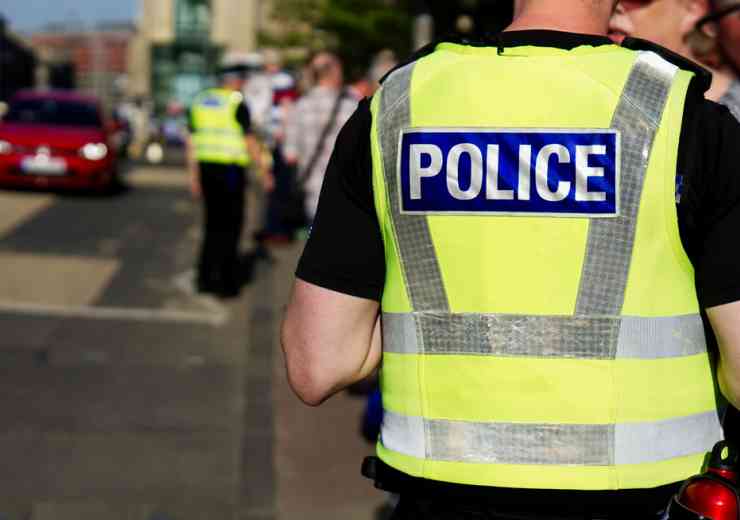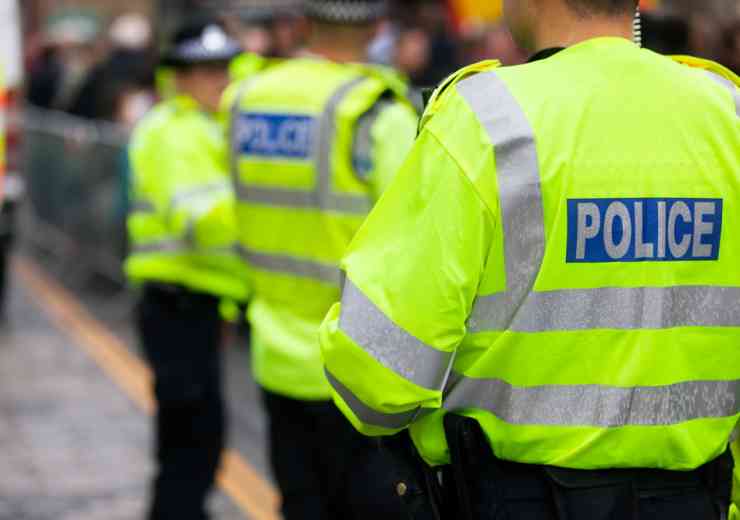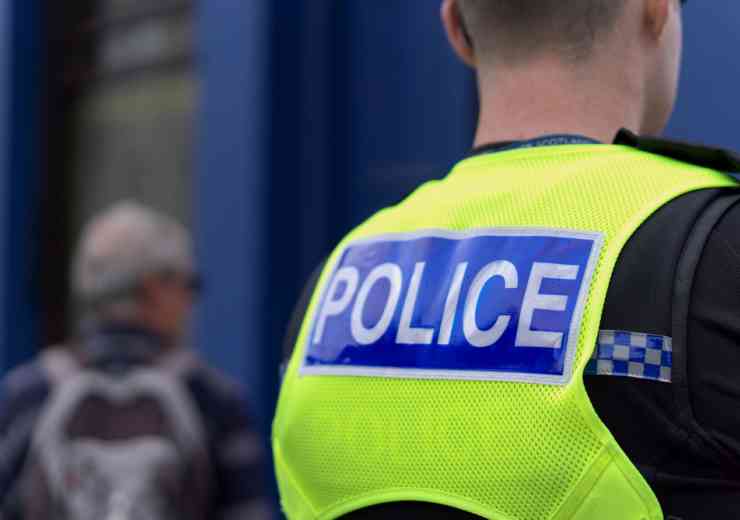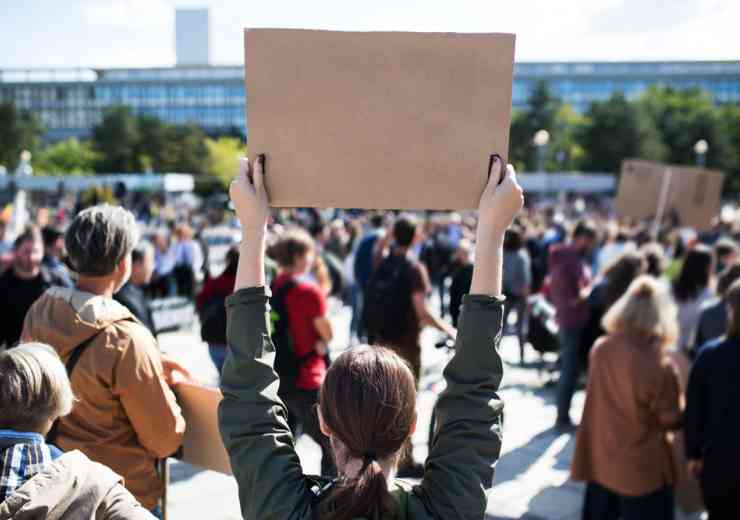Arena attacker should have been identified as threat
The public inquiry into the May 2017 attack has found that the Manchester Arena suicide bomber should have been identified as a threat on the night of the attack by those in charge of security.
The inquiry chairman, Sir John Saunders, found in his report examining security arrangements at the venue that there were a number of missed opportunities to prevent or minimise the ‘devastating impact’. Saunders said he considered it likely Abedi would still have detonated his device if confronted ‘but the loss of life and injury is highly likely to have been less’.
The attacker, Salman Abedi walked across the City Room foyer of the venue towards the main doors and detonated his shrapnel-laden device, packed into his bulging rucksack, at 10.31pm on 22 May just as thousands of people, including many children, left an Ariana Grande concert.
Sitting at Manchester magistrates’ court, Saunders said: “I have concluded that there were serious shortcomings in the security provided by those organisations which had responsibility for it and also failings and mistakes made by some individuals.
“When the mistakes and shortcomings set out in the report are considered, it needs to be at the forefront of that consideration that responsibility for what happened, and for causing so many deaths and serious injuries, lies with Salman Abedi, the suicide bomber, and his brother Hashem, who assisted him with the preparations. Hashem Abedi is now serving sentences of life imprisonment for offences including the murders of 22 people.
“The brothers intended to cause as much harm as they could. No other person or organisation acted with the intention of causing any injury or with any idea their actions or lack of action would or could assist a suicide bomber to carry out his evil intentions.”






















